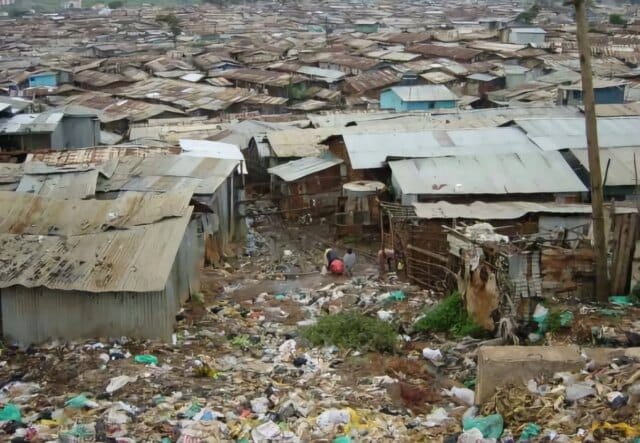New Delhi, July 23: The United Nations has issued a warning as well as an appeal to the global community: invest urgently in safe, affordable housing or risk undermining both peace and sustainable development. Nearly 3 billion people, more than one-third of the planet, still lack access to adequate housing, according to the UN.
At a high-level dialogue convened jointly by the Economic and Social Council (ECOSOC) and UN-Habitat, UN Deputy Secretary-General Amina Mohammed highlighted not only the gravity of the global housing crisis but also suggested few suggestions to counter it. She described housing as not just shelter, but as “a fundamental human right and the foundation upon which peace itself rests.”
Opening her remarks with a pointed reflection, she said: “We woke up somewhere safe. We had an address where documents could reach us, where our families knew to find us… For almost 3 billion people on our planet, none of that is guaranteed.”
Housing insecurity, she warned, affects everything, from access to healthcare and education to the strength of communities and the potential for social stability. In war-torn regions such as Gaza, Ukraine, Sudan, Yemen, and Myanmar, homes are routinely destroyed, weaponised, or abandoned, stripping people of their living but safety and dignity too.
“There is no safe housing in rubble,” she said. “And without shelter, we lose the very basis of social cohesion and stability that makes peace possible.” With more than 120 million people displaced by conflict or disaster, the UN sees housing as central to conflict prevention and peacebuilding. It links shelter not only to development goals but also to security, resilience, and equity.
The crisis is especially urgent in rapidly growing urban areas. The world is on track for 60% urban population by 2030, rising to nearly 70% by 2050. Without proactive urban planning and investment, slums and informal settlements will multiply. In response, Dy Secretary-General Amina emphasised: “We must grow cities, not slums.”
She went ahead to say that adequate housing is the gateway to other opportunities: “When people have access to safe, adequate, and affordable housing, children perform better in school. Workers are more productive. Health outcomes improve dramatically. Communities become more resilient.”
The upcoming Second World Social Summit will provide governments with an opportunity to place housing at the heart of policies on social protection, decent work, and equitable access to services. Housing, the UN insists, must be treated as a driver of inclusive development, not as a stand-alone concern. Dy Secretary-General Amina also called for amplifying the voices of marginalised groups, noting that “those who are too often pushed to the margins, women, young people, older persons, persons with disabilities, Indigenous Peoples, displaced populations and people living in homelessness, must be brought to the centre.”
As Chair of the UN Sustainable Development Group, she praised country teams working with governments and civil society to address housing gaps, but stressed that more must be done. The solution, she said, lies in aligning political will and financing with the urgency of the crisis. “The first place where opportunity begins or where it is denied is not an office building or a school – it’s a home,” she said in closing. “Together, let’s deliver not only shelter, but lasting solutions that offer security and a path to prosperity.”
Now as the clock tickles, and with less than five years left to meet the 2030 Sustainable Development Goals, when conflicts across the globe are again on the rise and many cities and civilians are deliberately targeted, the UN’s message is clear: housing is not only a development priority, it is the bedrock of peace, equity, and dignity for all.








